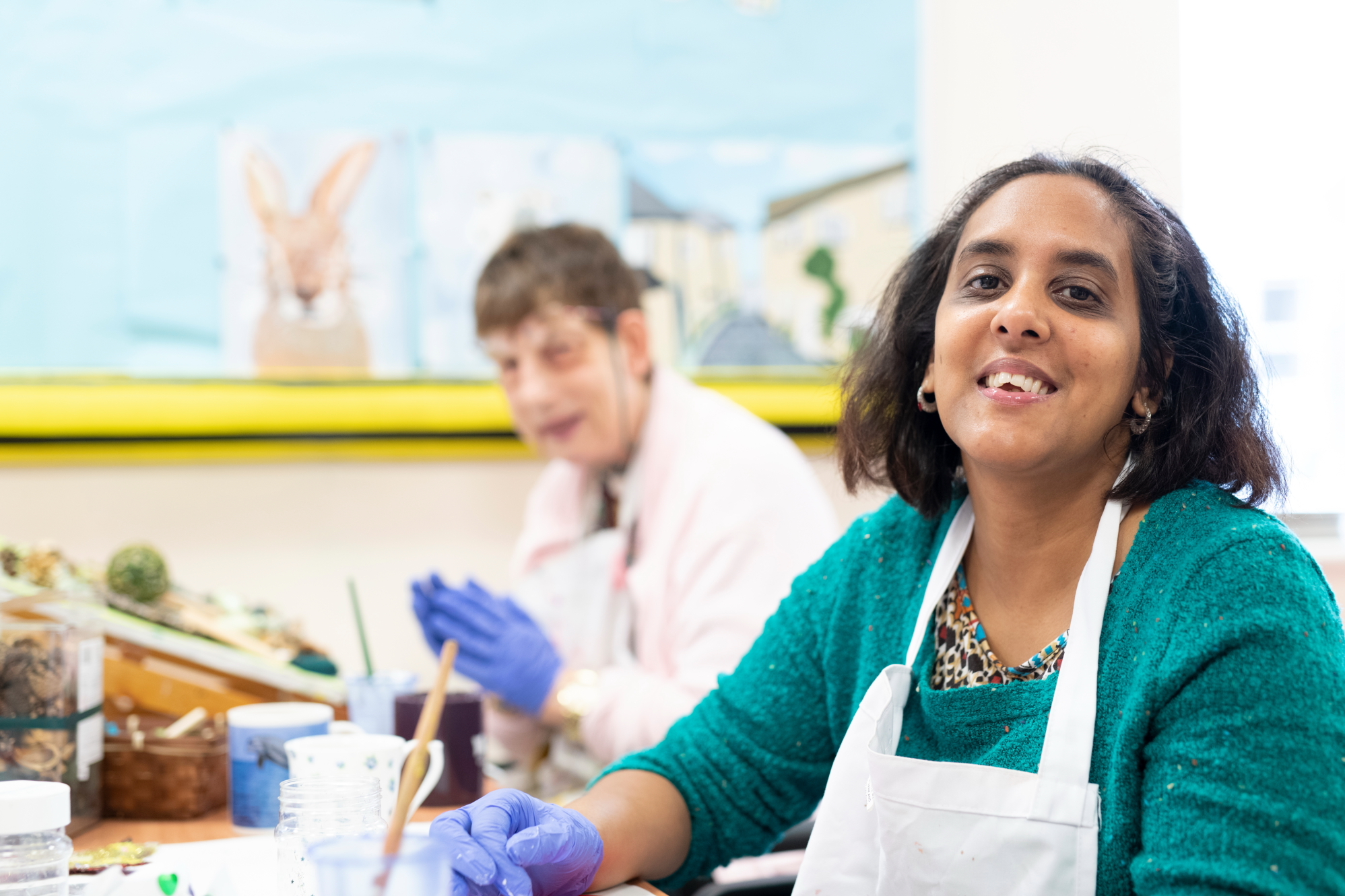What we do
Keeping you safe

Keeping people safe from harm, neglect and abuse is our top priority.
Safeguarding at Choice Support is about protecting the health, wellbeing and human rights of the people we support. We do all we can to keep people safe, so that they can make their own choices with risks minimised.
We keep safeguarding high up on our agenda, in training, steering groups and board meetings.
What we do
We take all reports of suspected abuse seriously and make sure they are investigated. We are open and honest, and act on lessons we learn to make things safer for everyone.
All our staff are fully trained and receive refresher safeguarding training each year.
- Our safeguarding steering group, which meets four times a year, is attended by an independent expert from the Ann Craft Trust, a rights and safeguarding charity, who review our practices and makes recommendations. The group also gets involved in consultations and campaigns to promote better safeguarding for all.
- Some people we support are vulnerable to self-harm behaviours, particularly those with anxiety, depression, personality disorders or eating disorders. We use GRiST (a risk assessment tool) to help people manage risks associated with mental health issues.
- We worked with Goldsmiths University, London, to research using touch safely with people with profound and multiple learning disabilities. Used in context and with empathy, touch supports the development of our natural interactions with people. As a result, we created some guidelines for our staff.
- We support STOMP - a national campaign to Stop The
Over-Medication of People with a learning disability, autism or both.
It is easy to believe that doctors always know best and accept regular
prescribed medication as part of the individual’s everyday life, but
sometimes medication can be doing more harm than good.
- We believe that people must be provided with the right information and support so that they can make decisions. Where we need to make decision on a person's behalf, it is made based on their wishes, feelings, beliefs and values, to achieve the best outcome for them.
- Our Jigsaw team promotes better reporting of disability hate crimes to the police. They also work with the police and schools to raise awareness of learning disability, autism and mental health needs.
Safeguarding forms part of regular team meetings as a way to discuss potential risks and how these can be mitigated.
What to do if you are concerned that you or someone you know is being abused
The worst thing you can do is to remain silent. Talk to someone you trust, who will understand and do something about it.
A trusted person might be a family member, friend or professional, like a support worker, manager, social worker, or your local council's safeguarding team. You may wish to speak to the police.
Look out for the signs of abuse or neglect, which may include:
- physical signs, such as bruises, burns, cuts or unexplained injuries
- changes in behaviour - becoming more withdrawn, low self-esteem, tearful or limited contact with people
- changes in sleep patterns
- missing possessions or lack of money.
There is a good list of what to look out for on the SCIE website.



